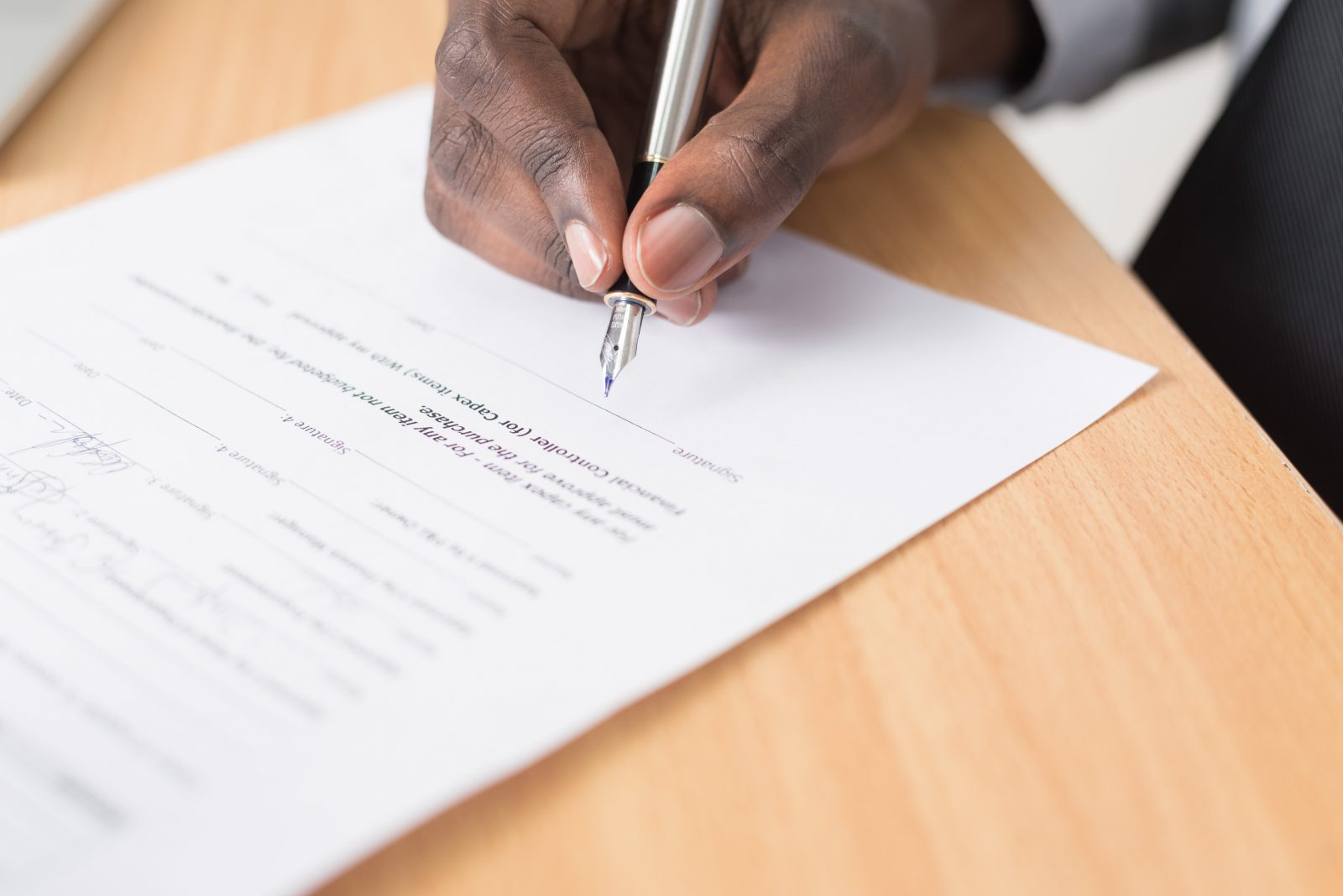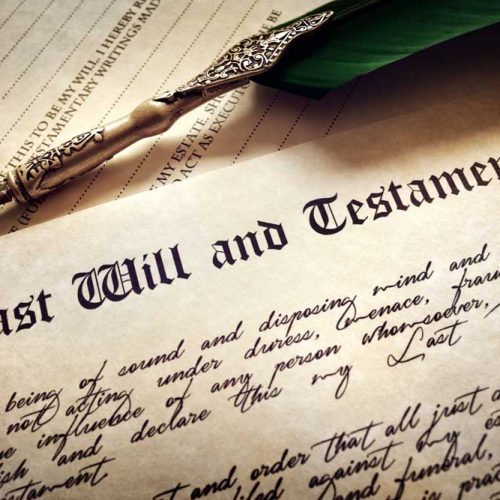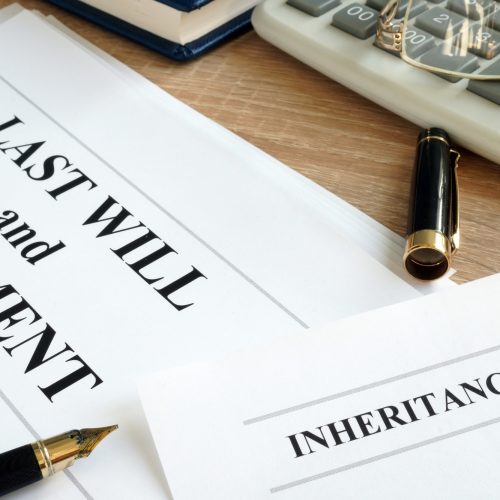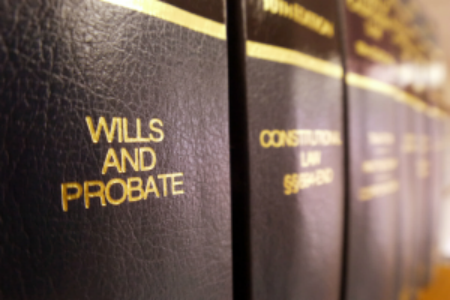What Are The Components That Make Up An Effective Trust?
A Trust has three major components. The first is the detailed instruction about the administration of the Trust itself. This answers questions such as, what do you want to happen? Who do you want the beneficiaries to be? How do you want it to be serviced? These detailed instructions are the first component of the Trust.
An effective Trust is used as a long-term planning device and is made up of long-term, mid-term, and short-term plans and their contingencies.
What do you say to people who are hesitant about losing control of their assets in a trust?
A Trust can be named a revocable Trust, meaning that any time the person who made the Trust is living, they can revoke the Trust and move everything back to their individual name. In this type of Trust, you can always regain title and direct ownership of all your property. This is because in a revocable Trust, you can serve as the Trustee and as the beneficiary, giving you power to either leave the assets in a Trust or close the Trust and make it inactive.
How does a revocable living trust avoid probate?
A Trust continues the entity after the death of the person who made the Trust. Probate is where all the assets of the person who passes away are handled. At the death of the maker of a Trust, the Trust owns all the assets. Those assets pass to a beneficiary. Once the Trust is established by placing the assets in the name of a Trust, the Trust becomes a legal entity. When the maker of that Trust passes away, that legal entity does not end; it continues with the assets being allocated according to the Trust to the beneficiaries. The Trust avoids probate because it has a life after the maker’s death.
What is involved in trust administration?
The administration of a Trust really boils down to the Trustee managing the assets according to the terms of the Trust. When the maker passes away, the Trustee must notify the beneficiaries and the heirs if they are listed in that Trust. The Trustee takes care of all the Trust’s assets, strictly for the benefit of the beneficiaries. The administrator can be a person or an organization (such as a bank or law firm), or it could be multiple Trustees. Regardless, the administrator has a legal responsibility to act in good faith always and in the interest of the beneficiaries.
For more information on Components Of An Effective Trust, a free initial consultation is your next best step. Get the information and legal answers you are seeking by calling (864) 982-5930 today.













Leave a Reply
Want to join the discussion?Feel free to contribute!